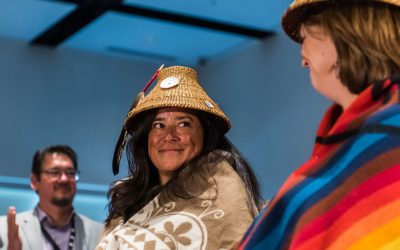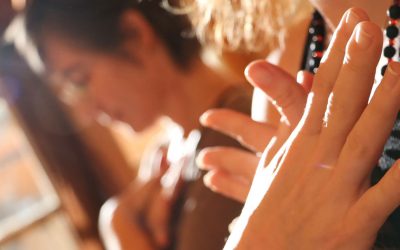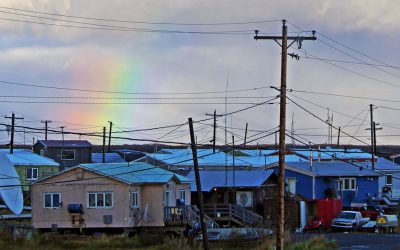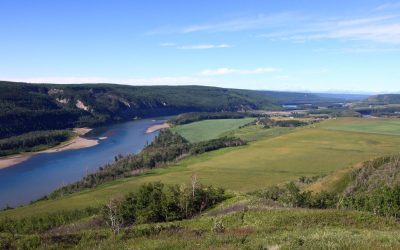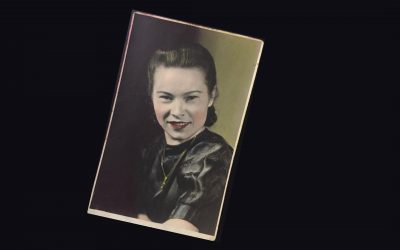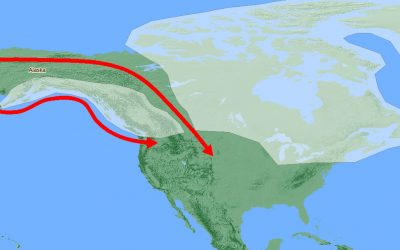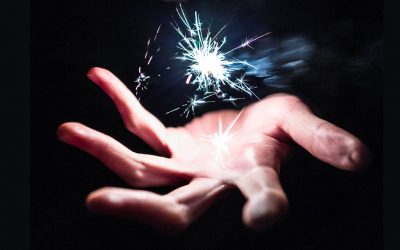THE POWER ISSUE
In journalism, we talk about the power of the pen. You know—mightier than the sword and all that.
But while the mighty pen may still wield some weight, society is currently experiencing a massive power shift when it comes to information…
Photographer Lori Andrews travelled to Saskatchewan’s Grasslands National Park for this self-portrait. Learn more about her Wonder Woman photo series and what went into making this image here…
STORIES IN THIS ISSUE
How Social Media Changed the Way we Talk about Sexual Violence
Long before the #MeToo movement went viral, the phrase “me too” was first evoked in a face-to-face communication rather than digital communication. In…
Can Jody Wilson-Raybould Change Canada’s Political Culture?
Bob Chamberlin, chief councillor of Kwikwasut’inuxw Haxwa’mis First Nation and vice president of the Union of BC Indian Chiefs, remembers Ethel Pearson. She…
Power and Prana: When Yoga Leads to Abuse (SERIES)
On a steaming hot afternoon in the Berkshires in 2012, I’ve sought shade in the meditation garden at Kripalu, a health and yoga centre two and a half hours from…
Community Archaeology: Handing Back the Power of the Past
It’s July 2015 and, after leaving Canada some 40 hours prior, I find myself on a tiny plane descending rapidly into Quinhagak, Alaska, an out-of-the-way Yup’ik…
Government Ignores UN Calls to Halt Site C Construction
Last month, a deadline bestowed upon Canada by the United Nations’ Committee on the Elimination of Racial Discrimination (CERD) quietly came and went. It…
What my Oma Taught Me About Strength (WITH AUDIO)
In a modest three-room home in the town of Kula, dinner has just ended and a multi-generational family of seven settles in for the night. Outside, the winter…
DNA Analysis Unlocks Humanity’s Greatest Mysteries
Recent research published in Nature sheds new light on what we know about one of humanity’s great mysteries: the migration of people to the New World…
Power to the People: How the Church Taketh Away
“If one purges the Judaism of the Prophets and Christianity as Jesus Christ taught it of all subsequent additions, especially those of the priests, one is…
Naomi Alderman’s The Power (BOOK REVIEW)
What would the world be like if women were in charge?This is a central question Naomi Alderman asks in her dystopian novel, The Power (Viking Press, 2016). All…
WHAT’S YOUR SUPER POWER?
In journalism, we talk about the power of the pen. You know—mightier than the sword and all that.
But while the mighty pen may still wield some weight, society is currently experiencing a massive power shift when it comes to information: where we get it, how we use it and who gets to keep it. There’s no doubt that in today’s digital era, we are in the throes of figuring out what the future of news media looks like.
Another thing that internet has changed is how we dialogue. As Mariam Durrani points out in her piece, How Social Media Changed the Way We Talk about Sexual Violence, social media and the #MeToo movement have brought a power to women’s issues that was previously unprecedented.
Generally, as we reflected on this issue, we noticed a theme around gender and issues of sexual violence—clearly areas that are currently attracting the power of change.
For example, Phillipa Beck’s piece about yoga (the sequel to her previous piece about cultural appropriation) and Mike Sosteric’s piece about the Catholic church parallel one another in their description of how power corrupts: Apparently well-meaning disciplines polluted by systemic abuse of power.
Such is the topic of The Power, Naomi Alderman’s feminist dystopian novel reviewed here by Michelle Larstone. Spoiler alert: An all-powerful matriarchy is not all unicorns and rainbows.
Spoiler alert: An all-powerful matriarchy is not all unicorns and rainbows.
In this issue, we look at the power of the past which often, again, relates to gender roles. Both Amanda Follett Hosgood’s piece about Jody Wilson-Raybould and Elli Wills’ interview with her Oma speak to the power of strong female role models—matriarchs who were pillars of their home and what they mean for the families they support.
Sean O’Rourke examines the power history has to shape who we are with his piece, Community Archaeology: Handing Back the Power of the Past, which takes us to a remote Alaskan Yup’ik village to find out how archaeologists can approach their work differently to empower communities and inspire the next generation.
How do governments assert their power when it comes to, well, power? As a newly elected Alberta government threatens turn-off-the-taps legislation against its neighbour, we followed up on BC’s overdue response to the United Nations, which has requested a halt to Site C dam construction until First Nations concerns are address.
In a rare cameo appearance, Culturally Modified publisher Rick Budhwa wrote about the power of science and how DNA has taught us more in the past few years than anthropologists have discovered in the past century.
Our feature photo, by Calgary-based photographer Lori Andrews, was a last-minute addition to this issue. When we stumbled across it, we knew it was a perfect fit, encompassing so much of what this collection of stories speaks to: the power of the land and its resources; the political stripes that shape today’s society; the unapologetic femininity and strength of women in the #MeToo era.
As for our super power, we’d like to think it’s delivering great content about culture and diversity to you, dear reader. Writing this on World Press Freedom Day, we feel strongly that as we experience this fumbling-toward-the-future that is today’s news media that, no matter the challenges, we never give up on that power of the pen—it is the foundation of our democracy and a free society.
We hope you’ll continue to join us as we power full steam ahead.

